We share this planet with other sentient beings, and World Animal Day is a time to celebrate them all and also bring attention to animal welfare.
Today is aimed at highlighting the issues that domestic, wild, terrestrial and aquatic animals face on a daily basis. These include the shark fin industry, Rhino horn and ivory trade, the whaling industry, the canned hunting and captive wildlife industry, the pet industry, so called "sanctuaries" and zoos, the animal testing industry, deforestation, over-fishing, circuses and the Illegal wildlife trade. The list is almost endless and is horrific as it is long. We need to change the way we treat animals.
We would like to highlight two animal welfare issues and what we can do to help.

ADOPT DON'T SHOP
The demand for purebred dogs is ever increasing. Unfortunately, dogs from legal, registered breeders can have a hefty price tag. This is where illegal puppy mills come into play - created to produce puppies at a rate that can supply the demand for cheaper. These breeders barely do the bare minimum in terms of animal welfare.
Female dogs are either pregnant or suckling a litter of puppies continuously, without respite, poorly treated, and kept in small cramped conditions so that more breeding dogs can fit into every inch of the garage, shed or basement. Puppies are usually removed from the mom early on so that she can produce another litter as soon as possible. The treatment and conditions that these dogs endure is shocking. This is not unlike the captive Lion breeding industry.

So what can we do about it? You may have heard the slogan “adopt don’t shop” and there are plenty of shelters that rescue and take in abandoned dogs, who are looking for fosters or forever homes. By adopting dogs (including adult dogs and not just puppies) we can reduce the demand for puppies and put an end to puppy mills as they become unprofitable. If you are determined to get a purebred, seek reputable breeders. If you suspect that a puppy mill is being run in your area, report it to your local SPCA and/or authorities.
REDUCE, REUSE, RECYCLE
Rubbish, chiefly plastics, is one of the biggest threats to marine life, with garbage patches polluting the oceans at unprecedented scales. A garbage patch is essentially a patch of garbage that, due to ocean currents and water movements, has clumped together, floating in the ocean. One such patch is the Great Pacific Garbage Patch and is massive - approximately 1.6 MILLION square kilometres! That’s bigger than the country of South Africa. And that’s only 1 of 5 patches. These ‘patches’ are growing because humans are unwilling to make lifestyle changes.
The problem is that marine life will get entangled or consume the items that are already in the patches or are just entering the oceans. Pollution of the oceans causes immense suffering to marine life from sardines to whales. Primarily through suffocation, drowning, dismemberment or ingestion of toxic chemicals and plastics. One way to mitigate the pollution is to reduce, reuse and recycle items at home and work. Start or join a regular beach or river clean-up event, making sure that the pollution never enters our oceans in the first place.
We all need to become proactive in ensuring that all animal rights are being upheld and that an animal’s welfare is a priority. You can also reach out reputable organisations. These organisations focus on animal welfare locally and internationally and also provide guidelines on how we can help make a difference.

Have a look at the below resources:
- NSPCA: https://nspca.co.za/animal-welfare/
- IFAW: https://www.ifaw.org/africa/about/guiding-principles
- Four paws: https://www.four-paws.org.za/campaigns-topics/topics
- Read: 10 Easy Steps to Make a Difference in the World
“The greatness of a nation and its moral progress can be judge by the way it’s animals are treated”- Mohatma Gandhi
- Text by Priority Species Monitor Kayleigh Webber


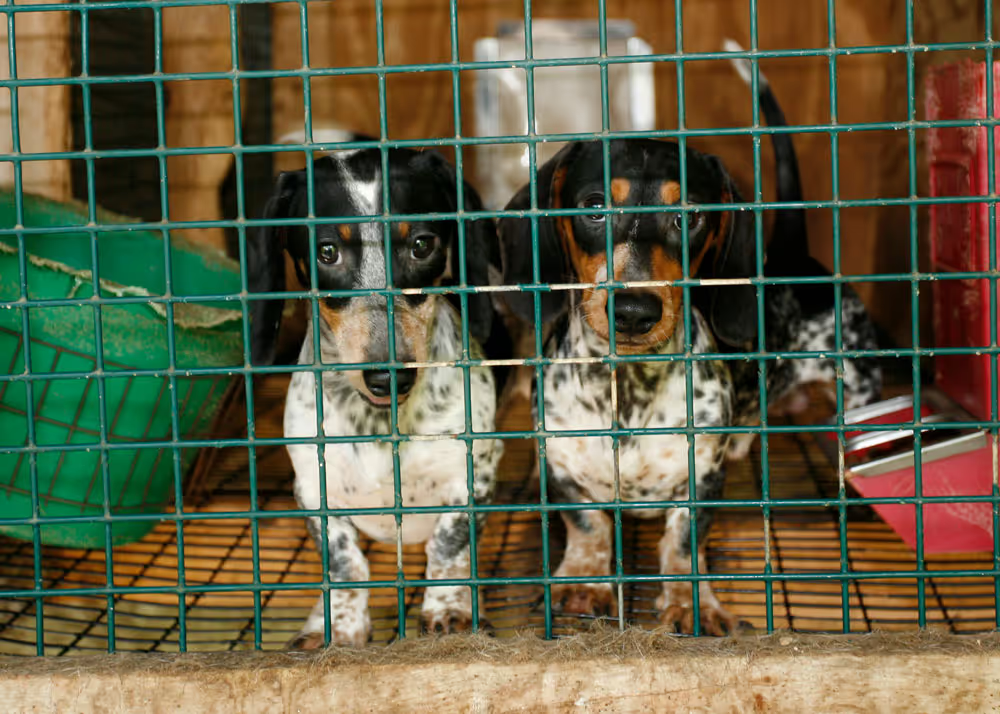
.jpg)
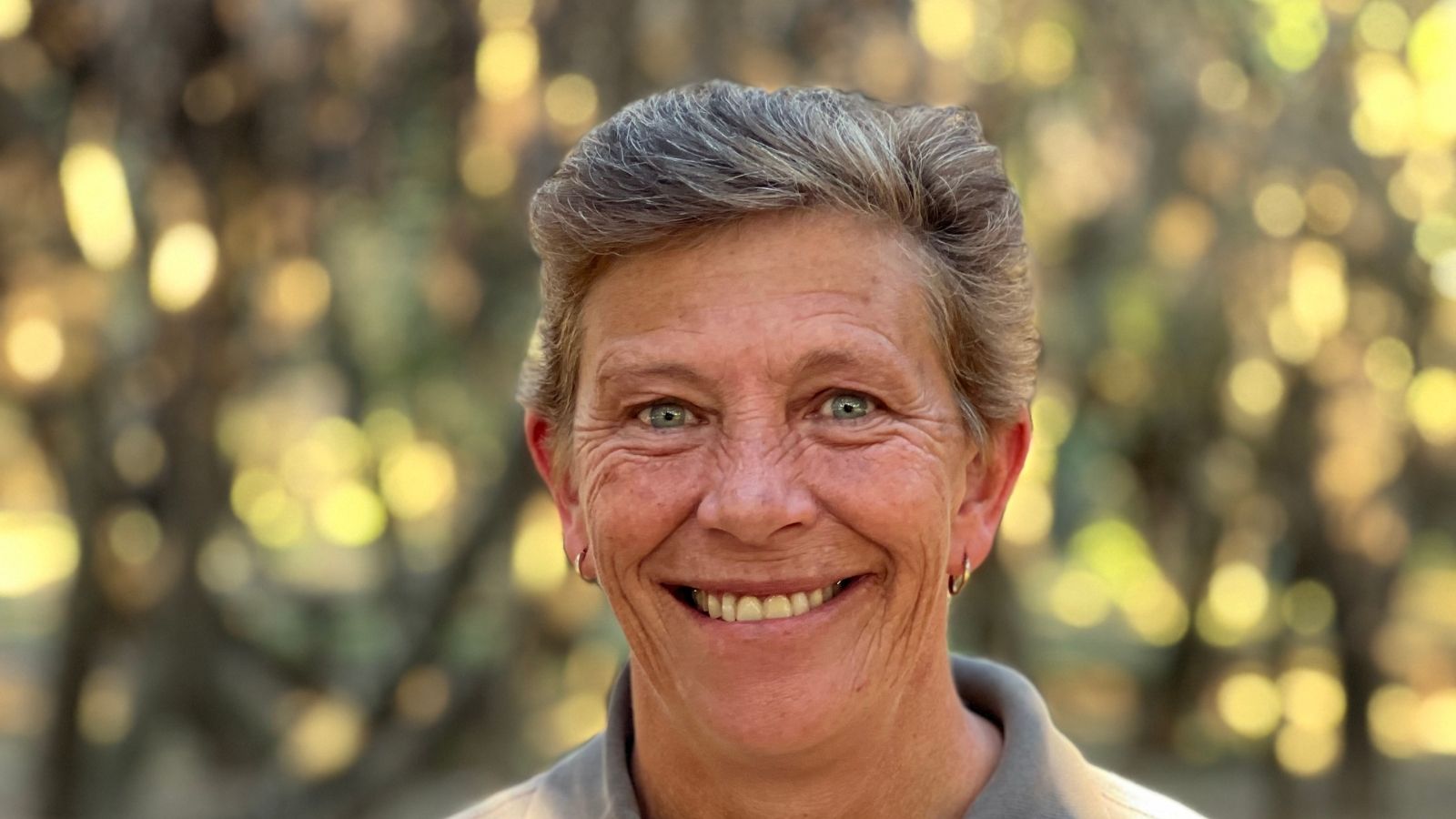
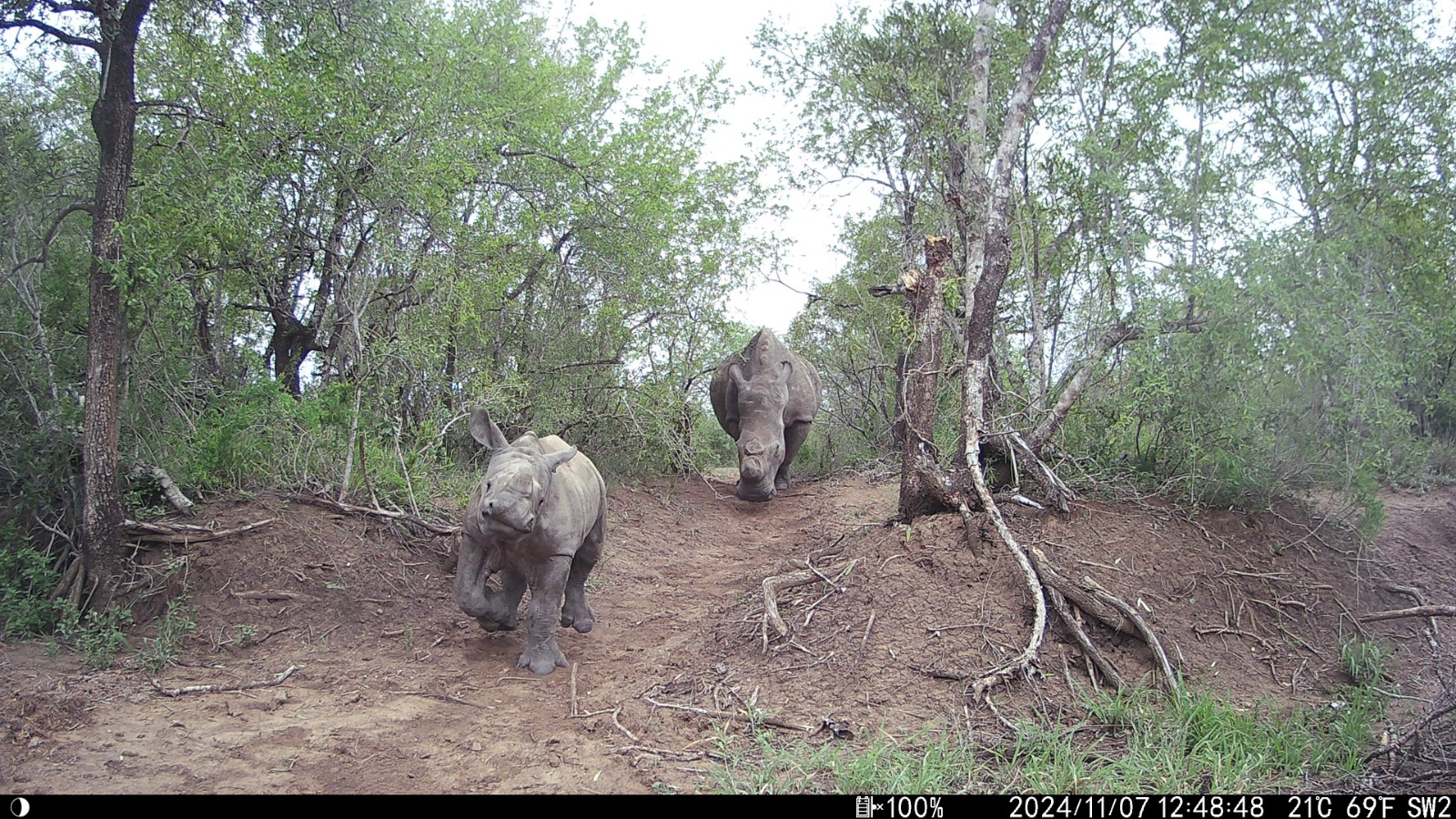
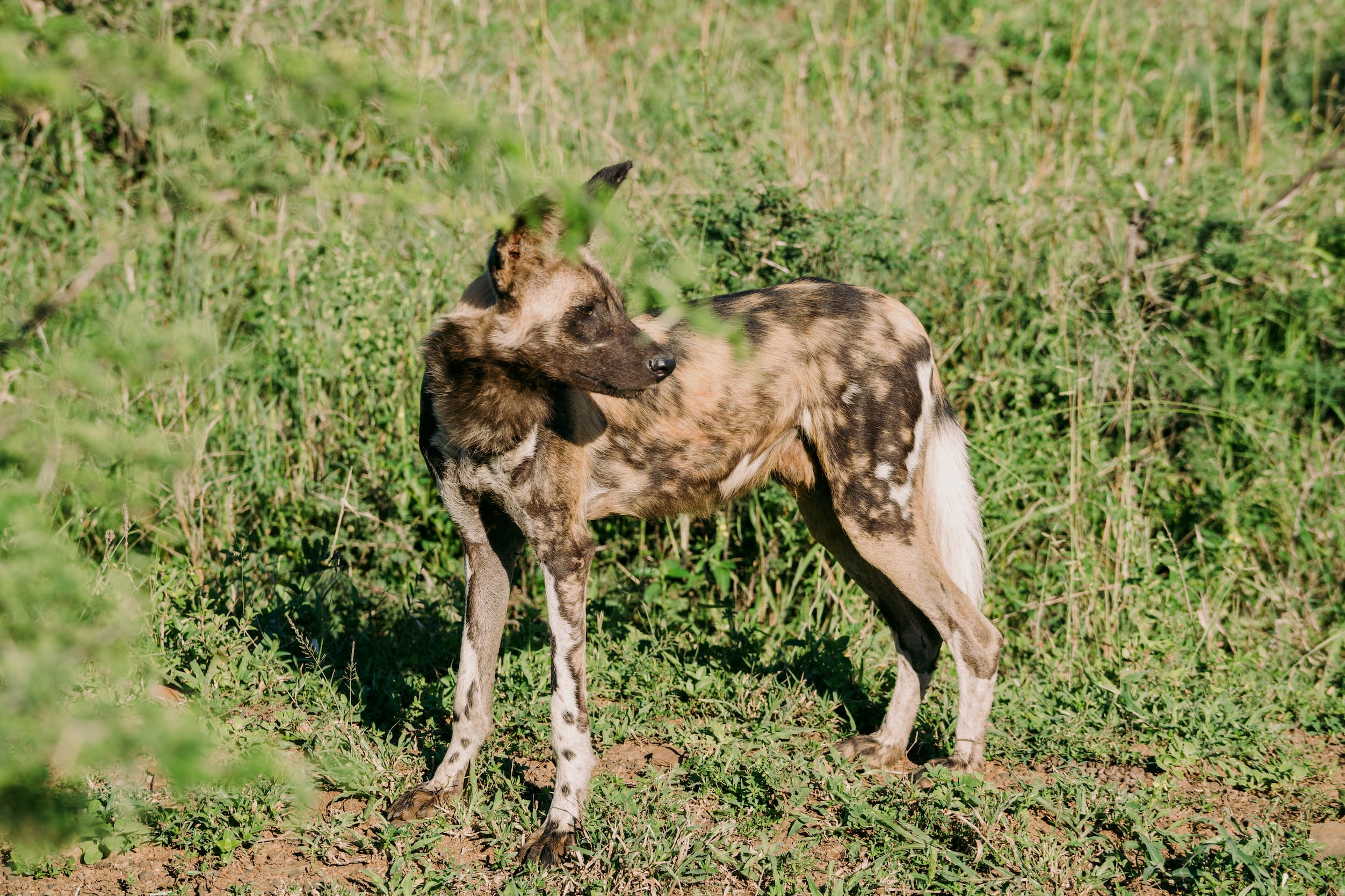


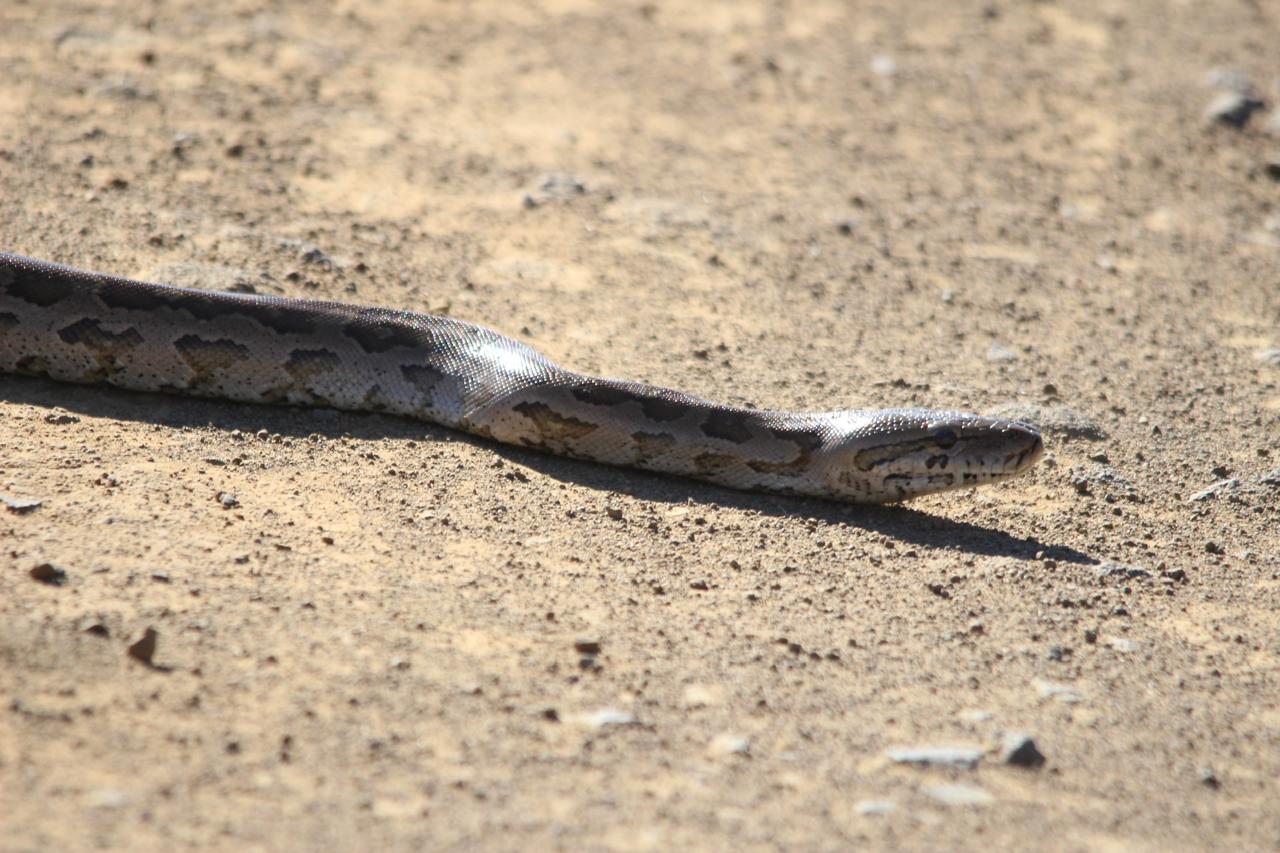
(1).avif)